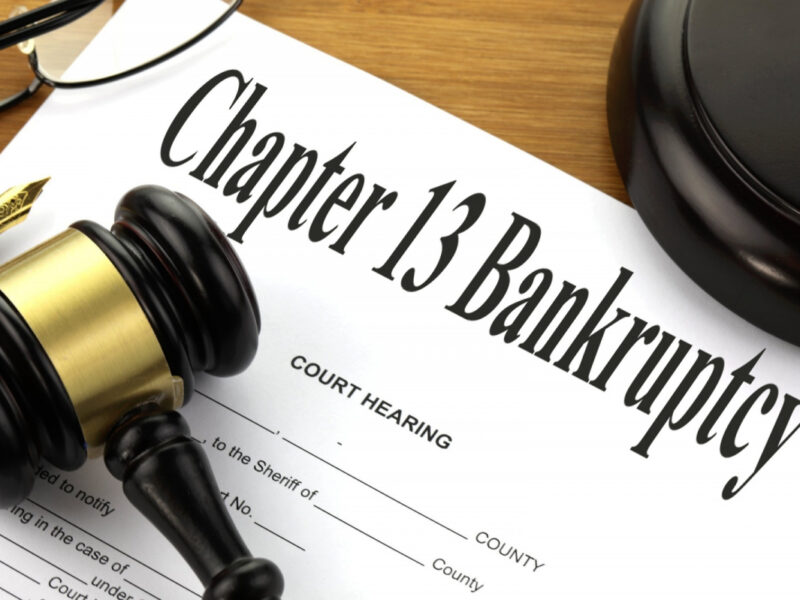(Reuters) – Michigan Governor Rick Snyder on Friday signed into law bills that complete funding for a key component of Detroit’s plan to adjust $18 billion of debt and exit the biggest municipal bankruptcy in U.S. history.
The legislation allocates nearly $195 million in state funds for the so-called grand bargain, which includes $366 million pledged over 20 years by philanthropic foundations and $100 million from the Detroit Institute of Arts. The money would be used to ease pension cuts for Detroit’s retired city workers and protect art work from being sold to pay city creditors.
The Republican governor hailed the legislature’s bipartisan passage of the bills, but cautioned that the bankruptcy case filed by Michigan’s biggest city in July 2013 is far from done.
“This is a story that’s not over. So while we celebrate today let’s recognize there’s more work to be done. There’s an important vote coming in July. There’s still another phase of the bankruptcy trial,” Snyder said at the bill signing attended by state lawmakers, Detroit officials and U.S. Judge Gerald Rosen, the lead mediator in the city’s bankruptcy.
Detroit and state officials are hoping that the grand bargain will sway thousands of city workers and retirees to vote in favor of the proposed debt adjustment plan. If they reject it, the officials have warned that the money would be yanked and pension cuts would be bigger.
In an interview with Reuters on Friday, Snyder said the loss of the grand bargain would be “devastating” for the city’s retirees and would delay the bankruptcy case.
“You kind of have a restart to a degree in terms of the entire process,” he said, adding he did not know how much time that would entail.
Detroit’s creditors have a July 11 voting deadline. On Aug. 14, U.S. Judge Steven Rhodes, who is overseeing the bankruptcy case, is scheduled to begin a lengthy trial to determine if the plan is fair and feasible.
The package of new laws allows Michigan to take its $195 million lump sum contribution out of the state’s rainy day fund, which would be paid back over time with proceeds from the state’s share of a national settlement with U.S. tobacco companies.
The laws also create a nine-member oversight panel that will stay active until Detroit meets certain financial thresholds and require the city to hire a qualified chief financial officer and submit four-year financial plans.
Snyder said that Michigan’s monetary contribution is a “unique circumstance” and does not mean that state funds will also flow to other fiscally troubled municipalities and schools. Standard & Poor’s Ratings Services on Tuesday revised the outlook on Michigan’s AA-minus credit rating to “stable” from “positive,” citing in part the potential of future state contributions. (Reporting by Bernie Woodall in Detroit, additional reporting by Karen Pierog in Chicago; editing by Matthew Lewis)
Detroit’s creditors have a July 11 voting deadline. On Aug. 14, U.S. Judge Steven Rhodes, who is overseeing the bankruptcy case, is scheduled to begin a lengthy trial to determine if the plan is fair and feasible.
The package of new laws allows Michigan to take its $195 million lump sum contribution out of the state’s rainy day fund, which would be paid back over time with proceeds from the state’s share of a national settlement with U.S. tobacco companies.
The laws also create a nine-member oversight panel that will stay active until Detroit meets certain financial thresholds and require the city to hire a qualified chief financial officer and submit four-year financial plans.
Snyder said that Michigan’s monetary contribution is a “unique circumstance” and does not mean that state funds will also flow to other fiscally troubled municipalities and schools. Standard & Poor’s Ratings Services on Tuesday revised the outlook on Michigan’s AA-minus credit rating to “stable” from “positive,” citing in part the potential of future state contributions.
(Reporting by Bernie Woodall in Detroit, additional reporting by Karen Pierog in Chicago; editing by Matthew Lewis)
